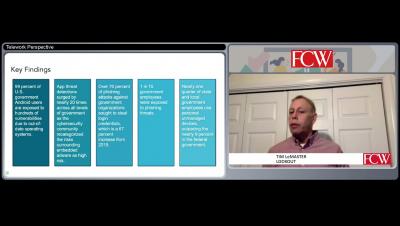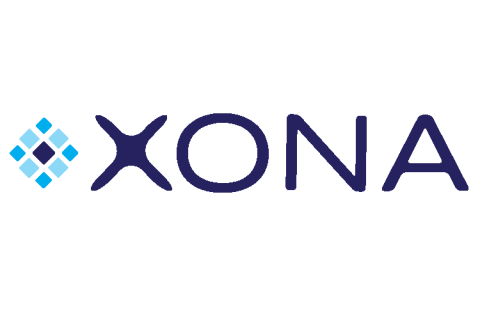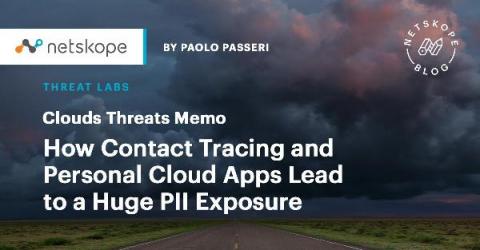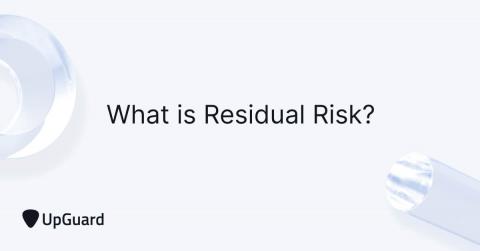Security | Threat Detection | Cyberattacks | DevSecOps | Compliance
%term
Criminals Hacked the National Oil Supply Chain... Now What?
Weekly Cyber Security News 21/05/2021
A selection of this week’s more interesting vulnerability disclosures and cyber security news. For a daily selection see our twitter feed at #ionCube24. This first article makes a really good point of pointing out how ludicrous the apathy to tighten exposed service is. The cloud providers have done a lot to make it obvious vulnerable services are exposed, but no, people still can’t or ignore such advice. Is it lack of capability? Ignorance? Cost cutting? Maybe all of them.
How we protect your federal telework environment
Proactive strategies for mobile security
Xona
The Colonial Pipeline Incident Fallout and Building Zero-Trust
Back in March, a hacking group known as DarkSide began a campaign on Colonial Pipeline’s IT network and billing systems. On May 7th, Colonial publicly announces the attack, shuts down servers and some pipelines and pays DarkSide $4.4M in ransom. On May 12th, Colonial restores operations and announces fuel delivery timelines amidst panic buying at gas stations.
Cloud Threats Memo: How Contact Tracing and Personal Cloud Apps Led to a Huge PII Exposure
COVID-19 contact tracing and personal cloud apps, what could possibly go wrong? A recent federal lawsuit, filed against the state of Pennsylvania and a vendor contracted by the state’s Department of Health, provides an interesting answer. The vendor in question was contracted “to provide contact tracing and other similar services” following the outbreak of COVID-19 in March 2020.
What is Residual Risk? Why it Matters So Much in 2021
Residual risk is the threat or vulnerability that remains after all risk treatment and remediation efforts have been implemented. Even with an astute vulnerability sanitation program, there will always be vestiges of risks that remain, these are residual risks. Because they will always be present, the process of managing residual risk involves setting an acceptable threshold and then implementing programs and solutions to mitigate all risks below that threshold.











